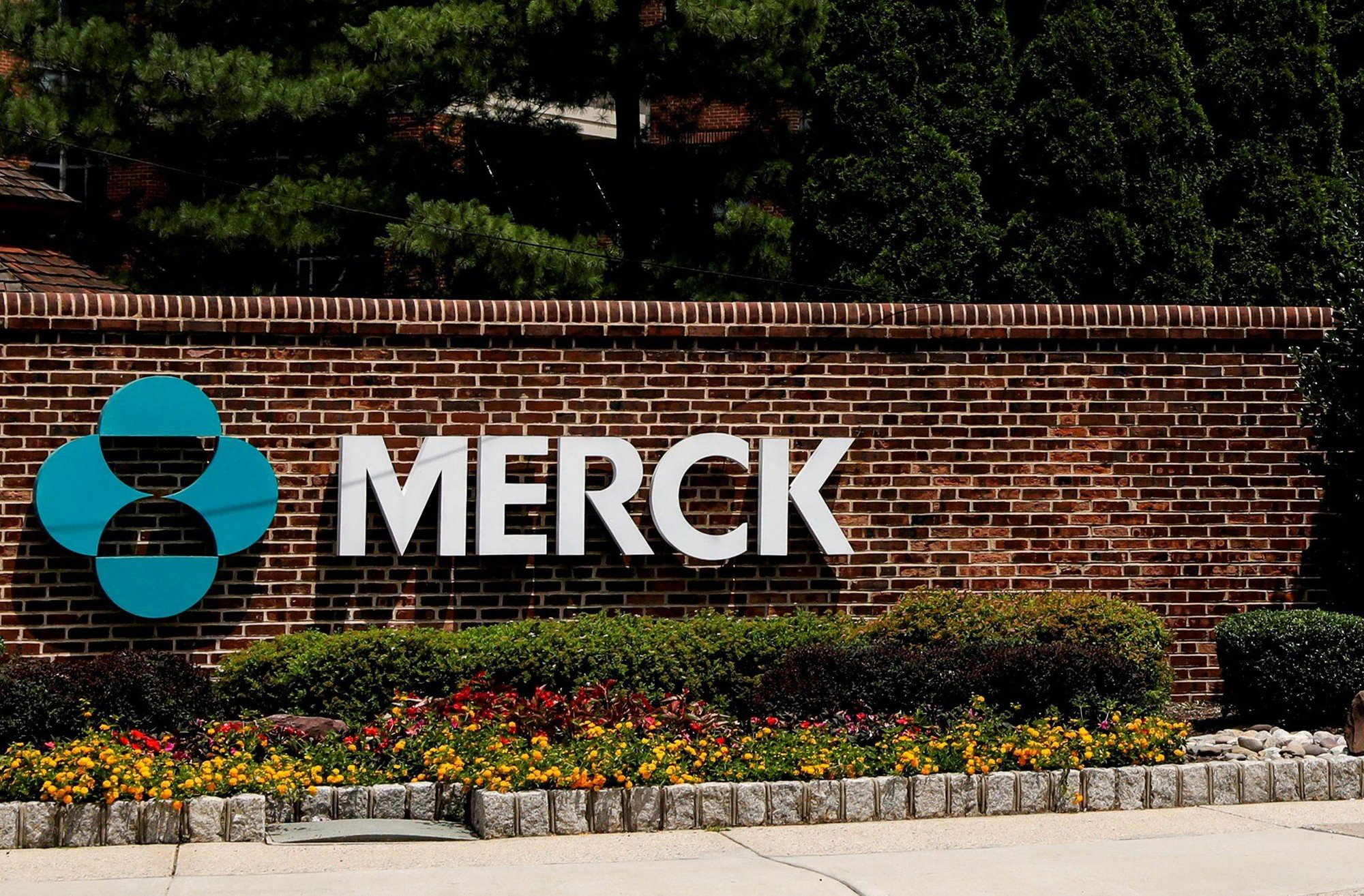Scientific discovery and responsible entrepreneurship are key to Merck's scientific and technological advancements . This is how Merck has thrived since its founding in 1668. Merck retains global rights to the Merck name and brand.

Merck is best known for its cancer drugs (Keytruda, for example). These drugs have been a major contributor to Merck's growth for years now, and show no signs of slowing down.
Keytruda revenue was $6.3 billion in the second quarter, up 19% from the same period last year. Keytruda accounts for about 42% of Merck’s total revenue. According to research firm Evulate Pharma, Merck’s cancer product will continue to hold the title through 2028.
In the second quarter, the company's HPV vaccines Gardasil and Gardasil 9 generated combined sales of $2.5 billion, up 47% from the same period last year. Merck's other treatments, Lynparza and Lenvima, also saw strong sales.
True, the drugmaker's revenue rose just 3% year-over-year, but that was due to a drop in sales of its coronavirus treatment Lagevrio, which missed expectations. Excluding Lagevrio, Merck's revenue rose 11% year-over-year—a solid performance for a pharmaceutical giant.
Merck reported a rare net loss for the period, but that was largely due to its recent $10.8 billion cash acquisition of immunology specialist Prometheus Biosciences.

Merck has recently moved into big acquisitions. Its recent acquisition of Prometheus has given it a number of promising programs in immunology. That includes Prometheus’s lead candidate, PRA-023 (now known as MK-7240), which is being developed to treat ulcerative colitis, Crohn’s disease, and more.
“We continue to prioritize business growth,” said CEO Rob Davis. “So there’s no reason to think we’re slowing down. As soon as we identify scientific opportunities that fit our strategy, we’re ready to act. So we’re actively looking for and will continue to make acquisitions. While we’re comfortable with our position in the pharmaceutical market today, we’re still motivated by the drive to build a sustainable engine for the future.”
However, additional acquisitions could help Merck diversify its revenue base. As a result, Merck still offers an excellent dividend, which currently yields 2.78% and has increased its payout 52% over the past five years.
Source





































































































Comment (0)